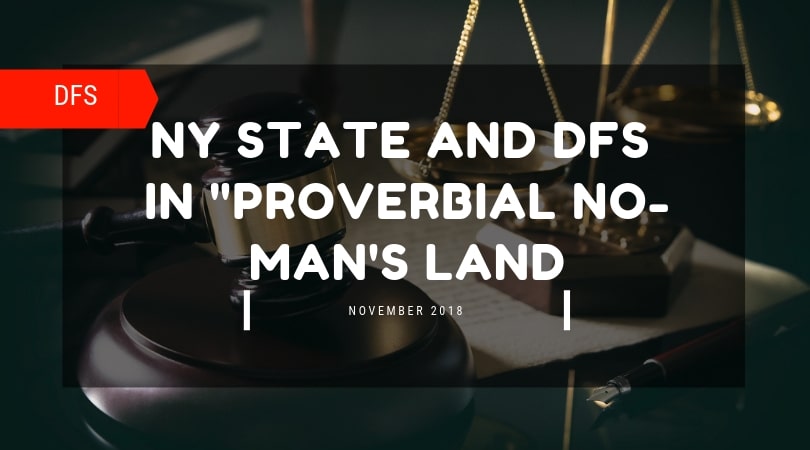Poker: Skill or Luck?

Is Poker a Skill-Game?
In the academic paper, Beyond Chance? The Persistence of Performance in Online Poker, by Rossier, van Loon, van den Assem, and van Dolder, the authors describe an analysis of a large set of online poker games. Their analysis is statistical in nature. They are attempting to address the contemporary controversy concerning the legality of poker, and the appropriate taxation of winnings. At heart the issue concerns whether the play of poker is governed solely by chance, or whether skill also is at play.
Internet poker is a world-wide phenomenon; in 2013 online poker generated approximately 3.0 Billion Dollars. This study utilizes one specific online poker site, and the game Texas Hold'em because of its popularity. The raw data set contained 76.9 million poker hands. Their data gathered on this game spanned 12 consecutive months. They filtered out players who played less than 1000 hands, and divided the rest into small stakes, medium stakes, and high stakes. The numbers of each are not relevant to this discussion. The null hypothesis (a feature of any statistical analysis) is that poker is a game where chance alone governs the play. In table 2 of the article, their number clearly demonstrate rank-able differentiation from the Null Hypothesis. They call this “substantial and significant persistence in performance.” Persistence appears when the number of hands passes 1500 in number.
From the perspective of U.S. policy makers the fact that future performance can be predicted from past performance does not address the questions entertained within policy formation discussions, and furthermore the policy making officials did not provide a framework for testing hypotheses about persistence of performance in online poker. In order to affect policy, advocates have to come to agreement with policy makers about testing methodologies for detecting persistence of skill in online poker. Such a framework is a necessary precursor to engaging in discussion with the policy makers.
There is a tension at play: governments obtain revenue trough taxation, and lawmakers are concerned with circumscribing gambling behaviour that is solely governed by chance. There are forces in the US that seek to enshrine their own moral code into law, and are unlikely to be swayed by even the most careful of statistical methodologies.
While it remains a decision of each state to regulate online poker, some states such as New Jersey, Nevada or Delaware have already taken the step to do so.










